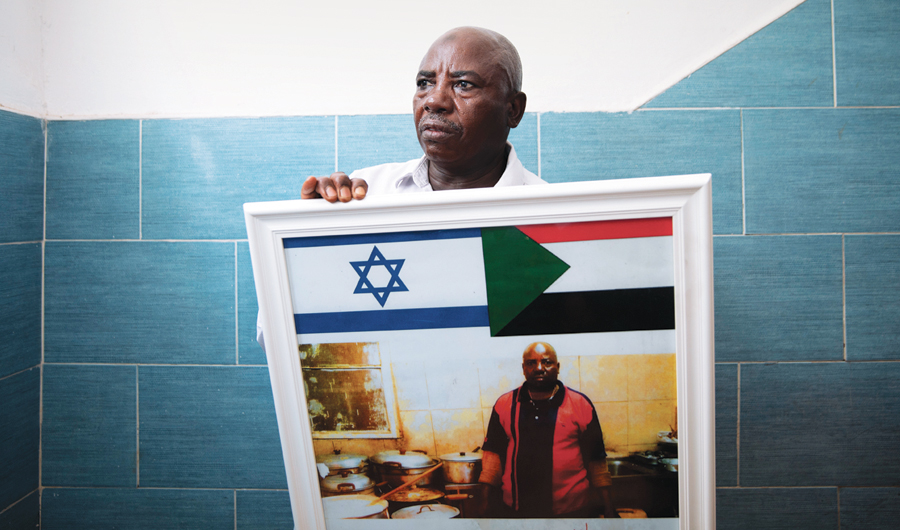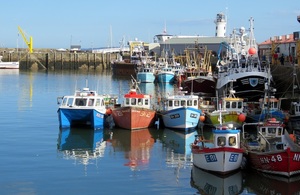Construction site workers can make appointments for free COVID-19 testing service
A spokesman for the Food and Health Bureau said, “There were a number of confirmed cases involving construction site workers recently. In order to reduce transmission risk of COVID-19 in the community, in addition to the compulsory testing notices issued for individual construction sites, the Government will offer one-off free COVID-19 testing service to all construction site workers in Hong Kong through community testing centres.”
“We encourage construction site workers to actively participate in the free voluntary test to safeguard their health and that of their families and co-workers. The free testing service will be available until end-January. Construction site workers can choose a suitable time slot taking into account their own needs.”
“If construction site workers have symptoms, they should seek medical attention immediately and undergo free testing provided by the Government as instructed by a medical professional. They should not attend the community testing centres.”
Construction site workers should make advance booking for the free testing service via the community testing centre booking system (www.communitytest.gov.hk). Those who did not make an appointment will need to pay for the testing service at $240.
The community testing centres are open daily from 8am to 1.30pm and from 2.30pm to 8pm. Deep cleaning and disinfection will be conducted when they close in the afternoon and at night. When arriving at the community testing centre at the designated time slot, construction site workers should present identity document used at the time of booking (such as Hong Kong identity card or passport), their construction worker registration card issued by the Construction Industry Council and the SMS booking confirmation for verification.
The free voluntary testing service will be offered starting from January 15 and last until January 31. During the period, each construction site worker can receive free testing service once only. Participants will be notified of a negative test result by SMS through their mobile phones. If there is any specimen tested with preliminarily positive COVID-19 result, it will be referred to the Public Health Laboratory Services Branch of the Department of Health (DH) for a confirmatory test. Confirmed cases will be followed up and announced by the Centre for Health Protection of the DH.
In addition to attending the community testing centres for testing, construction site worker can continue to utilise other free testing channels provided by the Government, including obtaining a deep throat saliva specimen collection pack from post offices, MTR stations or designated general outpatient clinics of the Hospital Authority and return the specimen to the designated specimen collection points. For details on other testing means than community testing centres, please refer to the following webpage: www.coronavirus.gov.hk/eng/early-testing.html. The voluntary testing service at construction sites arranged by the Construction Industry Council and the Hong Kong Construction Association will continue in parallel.


